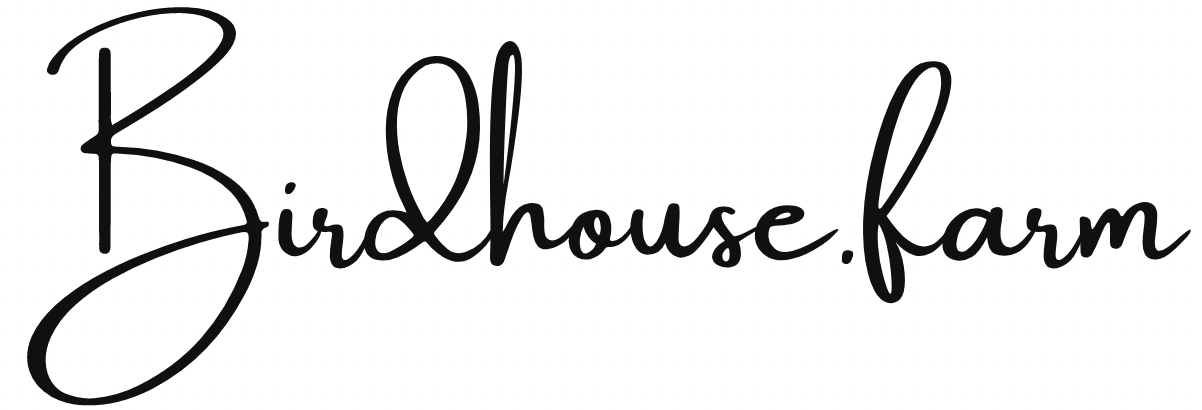Raising Insects to Supplement Your Garden
Insects are often seen as a garden nuisance, but what if they could actually help your garden thrive? Raising certain types of insects can offer a sustainable way to enrich your soil, combat pests, and provide a natural nutrient source for your plants. Here's how raising insects at home can supplement your garden in eco-friendly and beneficial ways.
Why Raise Insects for Your Garden?
Create Natural Fertilizer: Insects like black soldier fly larvae and mealworms are excellent at converting organic waste into rich, nutrient-dense frass (insect droppings). This frass contains nitrogen, phosphorus, potassium, and chitin, all of which are essential for plant growth. Chitin, in particular, stimulates plant immune systems and helps reduce susceptibility to pests and diseases.
When you raise these insects at home, their waste becomes a natural fertilizer that you can use directly in your garden beds or potted plants. Adding frass to your soil improves structure, boosts microbial activity, and enhances nutrient cycling, making it a perfect alternative to synthetic fertilizers.
Reduce Kitchen Waste: One of the key advantages of raising insects for gardening is their ability to consume organic waste. Black soldier fly larvae, in particular, are renowned for breaking down food scraps and other organic matter. Instead of throwing away your vegetable peels, coffee grounds, or leftover grains, feed them to your insects. This process reduces the amount of waste sent to landfills while turning scraps into high-quality fertilizer and animal feed.
Combat Garden Pests Insects can help you manage garden pests naturally. Certain insect species, like predatory beetles or nematodes, are beneficial predators of common garden pests like aphids, mites, and caterpillars. By encouraging these insects in your garden, you create a balanced ecosystem that naturally controls pest populations without the need for harmful pesticides.
Additionally, raising ladybugs at home and releasing them into your garden can be an effective way to tackle aphids and other soft-bodied pests. Ladybugs are easy to raise in small containers and can quickly be introduced to your garden when needed.
Support Pollination Some insects, such as bees and butterflies, play a crucial role in pollinating plants. While you may not want to raise bees in your home, encouraging pollinator-friendly insects can be beneficial to your garden. You can create an environment that attracts native pollinators by planting flowers and herbs that these insects love. Additionally, some gardeners have begun raising native bees in small hives to improve pollination in their gardens, increasing fruit and vegetable yields.
Incorporate Insects into Your Soil Management Plan Raising insects for your garden can be part of a larger soil management strategy. By including insect farming in your routine, you diversify the organic materials used to amend your soil. The introduction of insect frass, for example, enriches the soil with not only nutrients but also beneficial microorganisms that break down organic matter and improve soil health.
How to Get Started with Insect Farming for Your Garden
Choose the Right Insects Select insect species that align with your garden's needs:
Black soldier fly larvae are excellent for composting organic waste and providing rich frass for your soil.
Mealworms can be raised easily in containers and provide frass and protein for your garden.
Ladybugs can help control aphid populations and other pests.
Predatory beetles and nematodes can be used to combat harmful insects in the garden.
Set Up a Habitat Each insect species has its specific needs, but most require a small container or habitat that mimics their natural environment. For example, black soldier flies thrive in a composting bin with food scraps, while mealworms prefer a dry, dark space with grains and oats. Ensure that your insect farm has proper ventilation and moisture levels for optimal growth and health.
Harvest and Use the Insects After your insects have reached maturity, you can harvest them for a variety of uses. For composting insects like black soldier fly larvae, simply remove them from the bin and apply their frass to your garden beds. Mealworms can be fed to chickens or used as a protein source for animals. Ladybugs and predatory beetles can be released directly into your garden to control pests.
Maintain a Clean, Sustainable System Raising insects is a low-maintenance activity, but it’s important to keep their habitat clean and well-managed. Regularly remove excess food or waste to avoid creating unhealthy environments for your insects. Keep the habitat at the appropriate temperature and humidity levels to ensure your insects thrive and produce optimal benefits for your garden.
The Benefits of Raising Insects for Your Garden
Sustainability: Insect farming is an eco-friendly way to reduce waste and supplement your garden without synthetic chemicals.
Cost-Effective: Raising insects for fertilizer and pest control can save you money on store-bought fertilizers and pesticides.
Improved Soil Health: The frass produced by insects improves the soil’s nutrient content, structure, and water retention.
Natural Pest Control: Raising beneficial insects helps keep harmful pests in check without relying on toxic chemicals.
Education and Fun: Raising insects is an educational and hands-on activity that can involve the whole family, especially for young gardeners.
Insects are not just the pesky creatures we try to keep out of our gardens—they can be valuable allies in creating a healthy, sustainable, and thriving garden ecosystem. By raising insects like black soldier flies, mealworms, and ladybugs, you can enrich your soil, reduce waste, and naturally combat garden pests. With minimal effort, you’ll be able to harness the power of insects to grow a stronger, more vibrant garden while reducing your environmental footprint.
